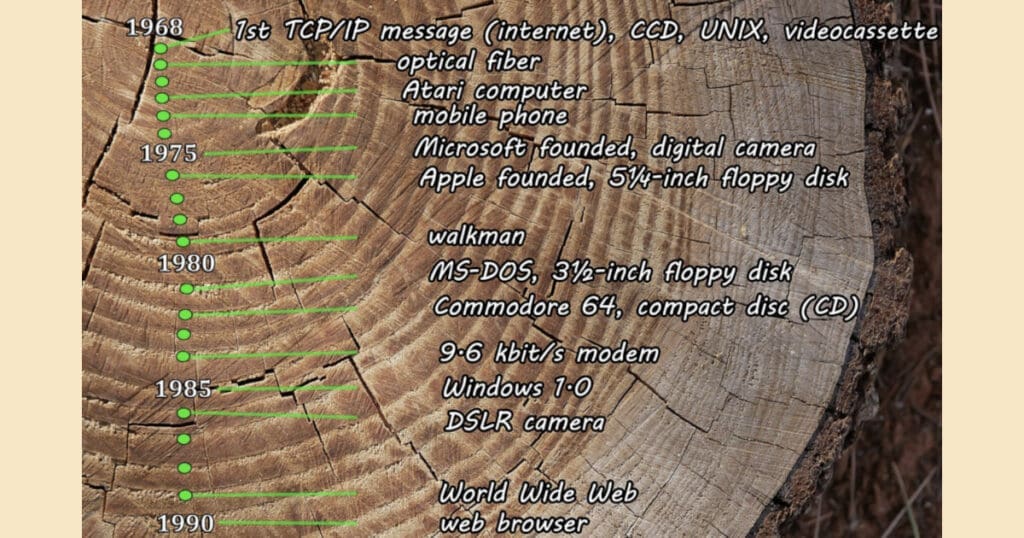
“Post COVID World” is a phrase that slipped into our vocabulary. At the time, it gave voice to our longing for the COVID crisis to be over. It is also a phrase that means different things to different people.
“Post-COVID World”
The phrase triggers a nostalgia for the world we used to know in the days before the pandemic. For others, it triggered concern about what “the new normal” was going to look like. For me, it evokes the American classic “Rip Van Winkle”. Rip, as Washington Irving tells it, fell asleep in the Catskill Mountains and wakes up 20 years later, having missed the American Revolution.
It is not so much that we have slept through the Digital Revolution. In our efforts to cope with COVID 19 we are finally waking up to the much broader implications and possibilities of living in a digital world.
Becoming consciously aware of a digital culture
The “digital revolution” began some 50 years ago depending upon which milestone you choose. We are just now beginning to realize how this digital revolution is impacting every facet of our lives.
Sure, most people have learned to use some of the now ubiquitous applications of email, Facebook, Instant Messaging, Instagram, TikTok, etc. But we haven’t been awake to how digital technology is changing the landscape of our lives. In my opinion, one application is beginning to help us to envision new ways of communicating, learning, how we use space, etc.
In the midst of the devastation of COVID 19. “Zoom” became a frequently used word with many people even recognizing a new illness – “Zoom fatigue.”
However, “Zoom” is the most accepted form of technology that changed the way we communicate, learn, the place where we work, and how we relax and interact.
Vincentian concerns
A nearly 20-year-old prophetic document from the Pontifical Council for Social Communications saw the broad outlines before most people. The Church and the Internet stated boldly…
“the Internet, which is helping bring about revolutionary changes in commerce, education, politics, journalism, the relationship of nation to nation and culture to culture—changes not just in how people communicate but in how they understand their lives.”
A separate but complementary document released the same year, Ethics and the Internet, catalogued many of the issues we are concerned with today.
Some 25 years ago the Final Document of the 1998 Congregation of the Mission General Assembly stated:
“We are entering into an era of information technology which brings with it unrecognized, and therefore even more insidious forms of poverty. If the poor remain without access to information technology, they will be further marginalized and locked into a cycle of poverty.”
Today we are waking up to how the digital revolution is NOT changing so many lives. As Vincentians we need to recognize this revolution will reinforce the already existing structures of poverty.
St. Vincent is reported to have said “Give a person a sandwich and you feed him for a day. Teach that person to fish and he can feed himself for a lifetime.” I and others have asked what if that person has no pole or access to a lake to fish in? We are already seeing a two-tier education become solidified.
Remember… some 40% of Black and Hispanic Americans have limited or no internet access. Structural information poverty should be a concern of all the followers of Vincent.
Questions
- Am I aware that the “digital revolution” is much more profound that just using email or watching Netflix, or using Zoom?
- How consciousness am I of the long-term consequences of the structural dimensions of information poverty?
- Do I ask with Vincent, “What must be done”?
Originally posted on Vincentian Mindwalk







0 Comments